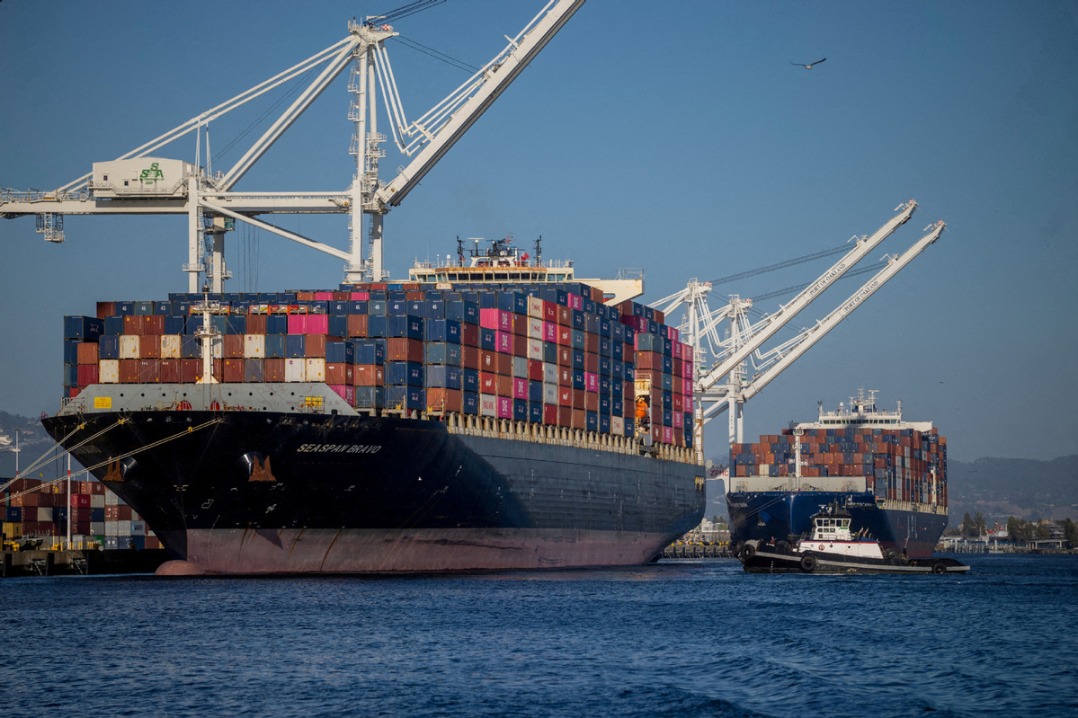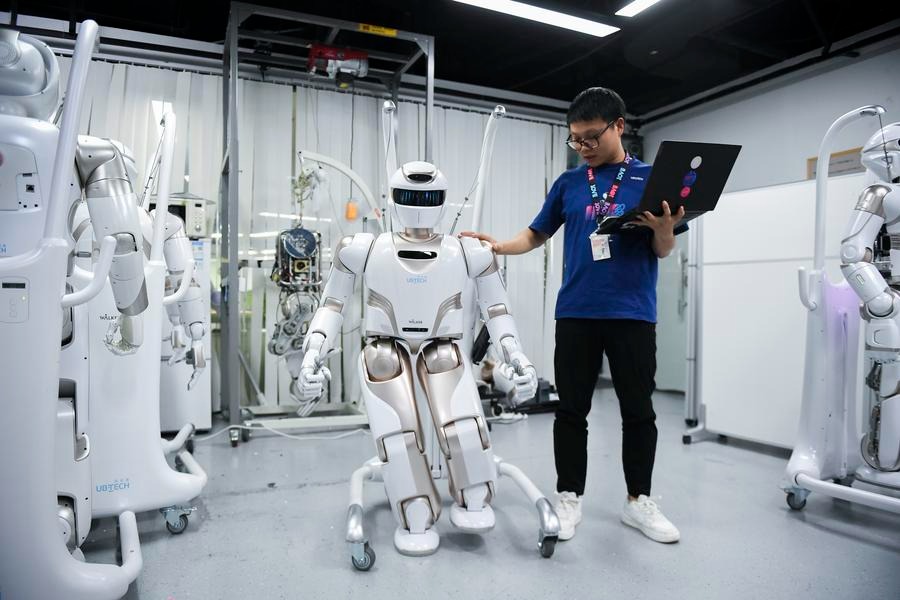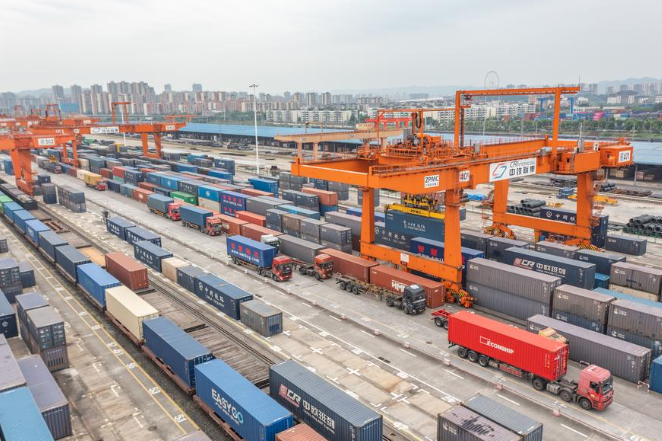China-Africa ties can bring world together
Deepened partnerships help shape fairer, more inclusive global order, analysts say

As world leaders prepare to gather for this year's G20 Summit in South Africa next month, experts say closer China-Africa and broader South-South collaboration could provide vital impetus to increased global solidarity and help shape a fairer and more inclusive global order.
The summit, hosted with South Africa as president, comes amid uneven global economic recovery and deepening geopolitical divisions. Some traditional multilateral institutions have struggled to adapt, creating an opening for developing countries to redefine cooperation models, experts say.
Carlos Lopes, a professor at the Nelson Mandela School of Public Governance at the University of Cape Town in South Africa, said it is unrealistic to continue to rely entirely on legacy institutions to deliver meaningfully for all, including Global South countries.
"Their governance, incentives and representation remain deeply misaligned with today's realities. That is why South-South cooperation, including the China-Africa partnership, becomes critical: It provides the space to push for fresh approaches rather than endlessly recycling promises from structures that have already shown their limits."
The summit's theme of solidarity, equality and sustainability reflects a growing desire among developing countries for fairer participation in global decision-making, Lopes said.
Melha Rout Biel, executive director and founder of the Institute for Strategic and Policy Studies in South Sudan, said China can help strengthen Africa's voice in the G20 by "supporting the position of African states and using its influence in the group to place African issues firmly on the agenda".
"These are important keywords which need to be result-oriented discussions and not for media show only," Biel said, adding that genuine solidarity depends on shared responsibility.
"All countries, big or small, should work collaboratively because current world issues require cooperation. Equality means every person deserves access to clean water, quality education, clean energy and decent food. Sustainability is about using our resources responsibly today for the sake of future generations."
Biel called for greater representation and voice for developing countries in global decision-making and for sustained efforts to strengthen the Global South, which, he said, remains a weak link in the current governance framework.
"We are eager to take the Global Governance Initiative as a guiding framework and work hand in hand with the African Union, African nations and all developing countries to build a more just, equitable and inclusive international order."
Socrates Majune, an economist at the University of Nairobi, said China's economic engagement with Africa offers a strong foundation for translating the G20 theme into tangible action.
China remains Africa's largest trading partner, Majune said, and its zero-tariff policy underscores the country's commitment to deepening ties with the continent.
"Through measures such as the zero-tariff policy, China is opening up new opportunities for African exporters and helping to reduce structural imbalances in trade," he said, adding that the partnership could be strengthened in the G20 framework by aligning economic, environmental and diplomatic efforts.
"The African Union's permanent seat in the G20 now provides a formal platform for China and Africa to coordinate positions and amplify the voice of developing nations."
Majune talked of the growing significance of China's green investments in Africa, which can help countries "leapfrog dirty development paths" and jointly advocate climate justice within the G20.
Growing maturity
Denis Akaz, a political scientist and international relations specialist in Singapore, said the China-Africa partnership represents the growing maturity of South-South relations.
"Their cooperation is increasingly strategic rather than transactional, reflecting shared goals of development autonomy, industrialization and innovation. Through projects in infrastructure, technology and education they can offer models of mutual benefit instead of dependency."
This year's summit will test the G20's ability to restore "collective purpose in a time of global fragmentation", he said.
"The forum must find balance between geopolitical rivalries, particularly those involving the United States and China, while reaffirming its credibility as a platform for inclusive economic governance. Its success will depend less on rhetoric and more on practical cooperation in areas such as debt relief, sustainable development and digital transformation, where the Global South's influence is steadily increasing."
Africa's inclusion in the G20 through the African Union's membership should encourage a rethinking of global governance ethics, Akaz said.
"Representation must evolve into redistribution, recognition into restructuring. Africa's presence challenges centuries of marginalization and opens new opportunities for transformation. The continent does not merely need a seat at the table; it needs the table itself to serve a new menu — fairer, more humane and more just."
Experts said that achieving solidarity, equality and sustainability will require translating ideals into practical cooperation. The growing alignment between China and Africa offers both a moral and pragmatic foundation for building a more equitable international system, they said.
































